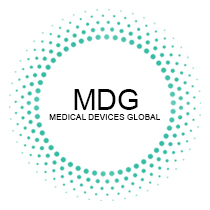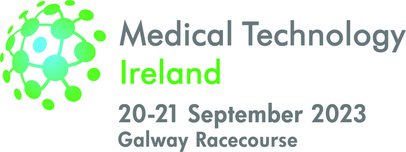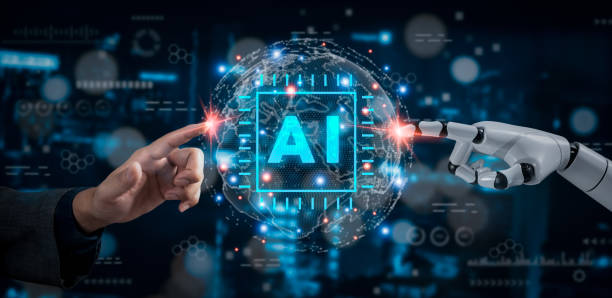In the year 2023, the healthcare industry is witnessing a global transformation driven by the integration of Artificial Intelligence (AI) in diagnostic capabilities. AI-powered technologies are revolutionizing the way medical professionals approach diagnoses, enabling faster, more accurate, and efficient healthcare outcomes on a global scale.
With advanced algorithms and machine learning techniques, AI is enhancing diagnostic capabilities across various regions, ensuring improved patient care and outcomes worldwide.
Overcoming Geographical Barriers: One of the key advantages of AI-enhanced diagnostics is its ability to overcome geographical barriers, allowing healthcare providers to reach underserved regions and remote areas.
AI algorithms can process large volumes of medical data, including patient records, lab results, and imaging scans, regardless of location. This enables access to expert diagnostic insights and specialist opinions, improving diagnostic accuracy in areas with limited healthcare resources and expertise.
Multilingual and Multicultural Adaptability: AI-powered diagnostic systems have the potential to adapt to different languages and cultural contexts, making them highly beneficial in global healthcare.
By training AI algorithms on diverse datasets and incorporating language processing capabilities, these systems can effectively analyze medical records and communicate with patients in their native languages. This adaptability ensures accurate diagnoses and promotes effective doctor-patient communication, even in regions with diverse linguistic backgrounds.
Tackling Disease Disparities: AI-enhanced diagnostics are helping address disease disparities and improving healthcare outcomes on a global scale. By leveraging large-scale data analysis, AI algorithms can identify patterns and risk factors specific to certain populations or regions.
This knowledge allows healthcare providers to develop targeted strategies for early detection and prevention of prevalent diseases in different parts of the world. Consequently, AI is instrumental in reducing global health disparities and improving overall population health.
Collaboration and Knowledge Sharing: AI technologies are driving collaboration and knowledge sharing among medical professionals worldwide. With AI-enhanced diagnostic platforms, healthcare providers can securely share anonymized patient data and collaborate on complex cases, irrespective of geographic boundaries.
This global network of expertise facilitates faster and more accurate diagnoses, especially for rare and challenging conditions, as specialists from around the world can pool their knowledge and collectively analyze patient data.
Real-Time Assistance and Second Opinions: AI-powered diagnostic systems offer real-time assistance and second opinions, contributing to more reliable and accurate diagnoses. Healthcare professionals can leverage AI algorithms to validate their initial diagnoses, reducing the chances of misdiagnosis or oversight.
Additionally, through telemedicine platforms, physicians can connect with specialists worldwide, seeking remote second opinions for complex cases. This collaborative approach ensures optimal patient care and minimizes diagnostic errors on a global scale.
Conclusion:
In 2023, AI-enhanced diagnostic capabilities are transforming healthcare worldwide by bridging geographical gaps, addressing disease disparities, and enabling collaboration among medical professionals. The integration of AI in diagnostics is enhancing accuracy, efficiency, and patient outcomes on a global scale.
As these technologies continue to evolve, healthcare providers and patients worldwide can expect further advancements in diagnostic accuracy, early detection, and personalized treatment, ultimately leading to a more effective and equitable healthcare system for all.


